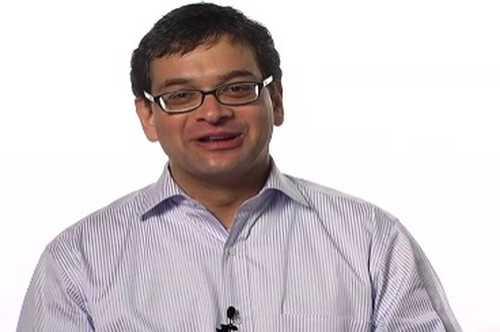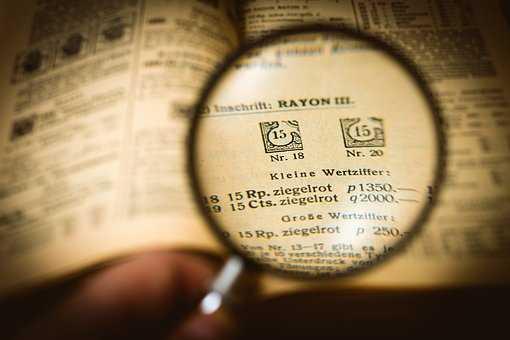How does the brain process curiosity?
Curated from: bigthink.com
Ideas, facts & insights covering these topics:
3 ideas
·2.85K reads
11
1
Explore the World's Best Ideas
Join today and uncover 100+ curated journeys from 50+ topics. Unlock access to our mobile app with extensive features.
Curiosity
It is the recognition, pursuit, and desire to explore novel, uncertain, complex, and ambiguous events.
224
1.35K reads
The 5 dimensions that define curiosity
- Joyous exploration: I view challenging situations as an opportunity to grow and learn.
- Deprivation sensitivity: I like to try to solve problems that puzzle me.
- Stress tolerance: The smallest doubt can stop me from seeking out new experiences.
- Social curiosity: Social curiosity: I like to learn about the habits of others. I like finding out why people behave the way they do.
- Thrill-seeking: The anxiety of doing something new makes me feel excited and alive. Risk-taking is exciting to me.
254
648 reads
4 types of "curious" people
- The Fascinated – they score high on all dimensions of curiosity, particularly joyous exploration.
- Problem Solvers – score high on deprivation sensitivity, and are midrange for other dimensions.
- Empathizers – score high on social curiosity, midrange on other dimensions and much lower on stress tolerance and thrill-seeking.
- Avoiders – score low on all dimensions, particularly stress tolerance.
251
849 reads
IDEAS CURATED BY
Traveling can make you smarter, more creative and improve your problem-solving abilities.
Nash 's ideas are part of this journey:
Learn more about problemsolving with this collection
Ways to improve productivity
Strategies for reducing stress
Tips for managing email overload
Related collections
Similar ideas
4 ideas
Why Curiosity Matters
hbr.org
7 ideas
The 'Why' Behind Asking Why: The Science of Curiosity
knowledge.wharton.upenn.edu
5 ideas
Read & Learn
20x Faster
without
deepstash
with
deepstash
with
deepstash
Personalized microlearning
—
100+ Learning Journeys
—
Access to 200,000+ ideas
—
Access to the mobile app
—
Unlimited idea saving
—
—
Unlimited history
—
—
Unlimited listening to ideas
—
—
Downloading & offline access
—
—
Supercharge your mind with one idea per day
Enter your email and spend 1 minute every day to learn something new.
I agree to receive email updates

